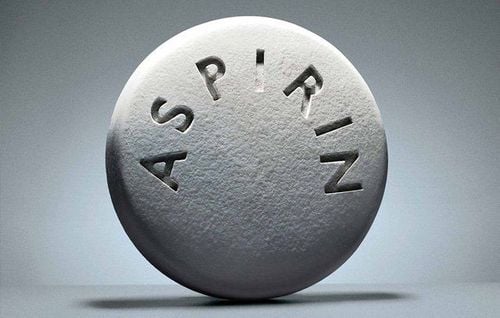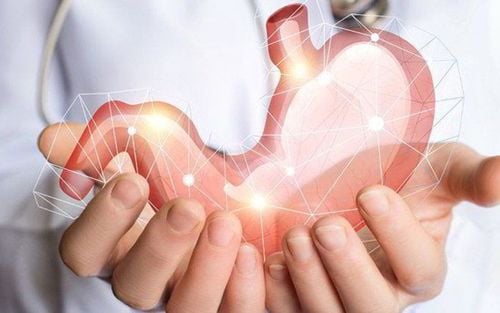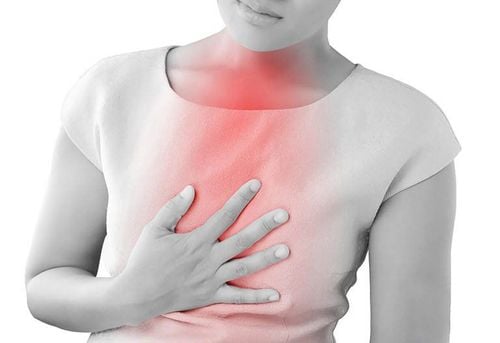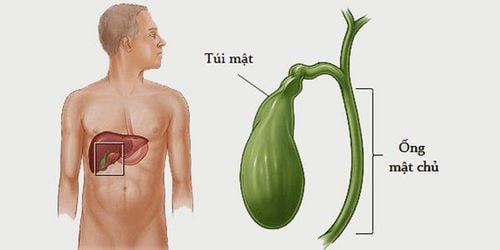This is an automatically translated article.
The article is professionally consulted by Master, Doctor Vu Huy Binh - Digestive Endoscopy Doctor - Department of Medical Examination & Internal Medicine - Vinmec Hai Phong International General Hospital1. Commonly used stomach pain relievers
Commonly used stomach pain relievers today are:1.1. Antacids (antacids). This class of drugs contains calcium, aluminum or magnesium hydroxide that help neutralize stomach acid but do not affect secretion of gastric juice and pepsin.
This form of stomach pain reliever is usually taken 1-3 hours after a meal and before going to bed.
1.2. H2 antihistamine pain relievers This group of drugs works by inhibiting the action of histamine at the histamine H2 receptors of gastric cells, reducing acid secretion. H2-antihistamine stomach pain relievers are often used for patients with indigestion, acid reflux or stomach ulcers.
H2-antihistamine stomach pain relievers can be taken orally or intravenously.

1.3. Antibiotics This group of drugs contains antibiotics to kill stomach Helicobacter pylori, usually indicated for medical treatment such as: Metronidazol/tinidazole 500mg, Fluoroquinolones: Levofloxacin 500mg, Clarithromycin 250mg; 500mg, Amoxicillin 500mg, Bismuth,...
In addition to the commonly used stomach pain relievers, many patients also abuse paracetamol to relieve pain. This drug is widely used in the treatment of pain of non-visceral origin.
2. Possible side effects when taking stomach pain relievers
The most common side effect when taking stomach pain relievers is that it can cause ulcers, gastrointestinal bleeding, especially pain relievers, non-steroid anti-inflammatory drugs.
Patients who use oral or injectable stomach pain relievers may experience unwanted effects. The reason is that the drug directly damages the gastric mucosa, reduces mucus production, and facilitates acid and pepsin in gastric juice to damage the mucosa.
Patients with side effects when taking stomach pain relievers have manifestations such as: burning in the epigastrium, bloating, peptic ulcer, bleeding, perforation of the stomach and duodenum.

In addition, some stomach pain patients who regularly take pain relievers may experience drug resistance. The reason is that when taking the drug for a long time with a regular maintenance amount, the virus that causes the disease will self-produce substances or cells that are resistant to the effects of the drug, the drug is no longer effective for pain relief.
3. Should people with stomach pain take stomach pain relievers?
When stomach pain, patients should visit and receive treatment indications from a specialist. Pain relievers and antibiotics can be used in the treatment prescription prescribed by the doctor. However, patients should be careful to use stomach pain relievers exactly as prescribed by the doctor, do not arbitrarily use or quit halfway.
Stomach pain relievers can only treat symptoms, relieve pain quickly, cover up signs of disease. The disease can still progress and get worse, so care should be taken when using pain relievers. Drug selection should take into account the intensity and nature of the pain.
According to the recommendations of the World Health Organization, patients with stomach pain should take pain relievers according to the following steps:
3.1 Step 1 For mild stomach pain, non-opioid analgesics such as paracetamol, a non-steroidal anti-inflammatory drug.
Commonly used first-line stomach pain relievers are: aspirin, paracetamol, ibuprofen,... Choosing the drug to use depends on the sensitivity of each person, with different contraindications and interactions with other drugs.

3.3 Step 3 For severe stomach pain, strong opioid analgesics such as methadone, morphine, hydromorphone, etc. should be used in combination with non-steroidal anti-inflammatory drugs.
Morphine pain relievers and its derivatives can cause addiction and drug addiction. Therefore, only use this pain reliever when prescribed by your doctor, make sure to take the correct dose and prescribed time.
In addition, to avoid digestive disorders, should take stomach pain relievers when full and drink with a glass of water about 200 - 250ml. In case of discomfort, should take the medicine with food or immediately after eating.
Stomach pain relievers are acute drugs, often used to treat acute pain symptoms. Therefore, patients should note that it is only used for a short time as prescribed by the doctor, should not be taken for a long time for prevention.
Please dial HOTLINE for more information or register for an appointment HERE. Download MyVinmec app to make appointments faster and to manage your bookings easily.














